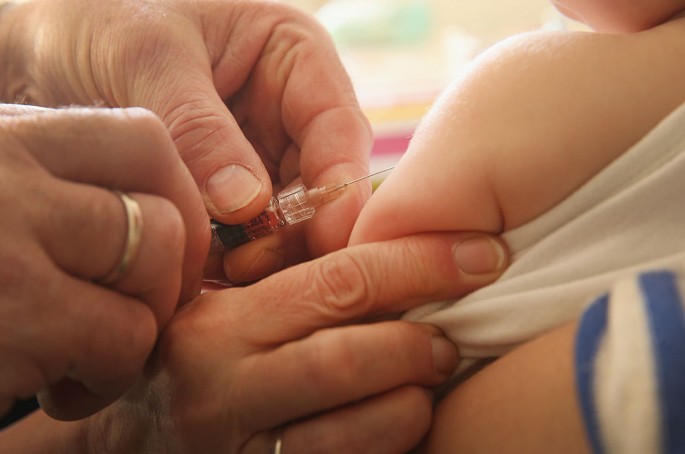The World Health Organization (WHO) called on China on Tuesday, March 29, to include five vaccines in the country's vaccine program, according to an article by China Daily.
Despite the scandal that erupted in China involving substandard vaccine worth over 570 million yuan ($88 million), WHO is confident Chinese vaccines are well-made.
The vaccine scandal shone the spotlight on the regulation and management of vaccines under the Category 2 label.
The additional vaccines WHO is asking China to add in its program are all beneficial to children, according to Lance Rodewald, team leader of WHO China's Expanded Program on Immunization.
The vaccines were labeled as Category 1 substances to be provided by the government for free, allowing China to improve oversight and distribution to protect children's health in the country.
Among the vaccines are inactivated polio, pneumococcal conjugate, and rotavirus, all of which were recommended by WHO to all countries for mandatory use, Rodewald said at a news conference.
"Children . . . won't need expensive treatment if they have been protected by the vaccines," he said.
Vaccines in China normally fall under two categories. Category 1 vaccines include 11 vaccines for children, dealing with polio, measles and hepatitis. Category 1 vaccines are included in China's Expanded Program on Immunization. Meanwhile, five vaccines are under Category 2, optional for children use and available for sale.
"China's health commission is quite interested in the addition of new vaccines," said Rodewald.
The Chinese government is mulling over relying on locally made vaccines instead of depending on imported products, Rodewald added. So far, the National Health and Family Planning Commission has not made any statements to address the WHO suggestion.
"Huge financial support is needed if all vaccines used in China are included in Category 1," said Wang Huaqing, a physician from the Chinese Center for Disease Control and Prevention, at a news conference last week.



























